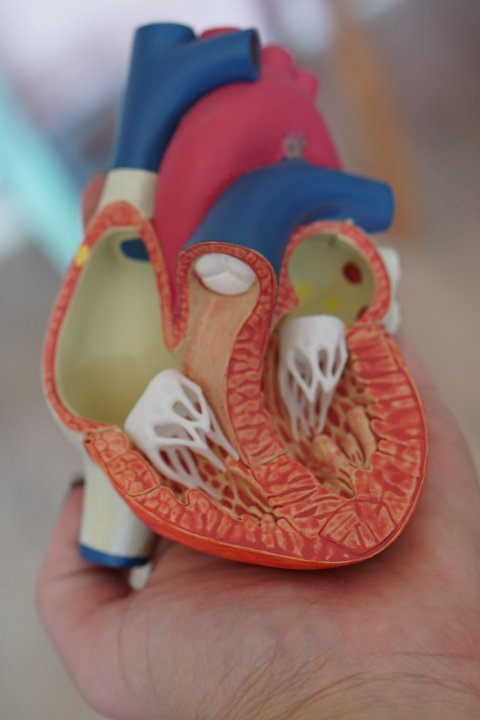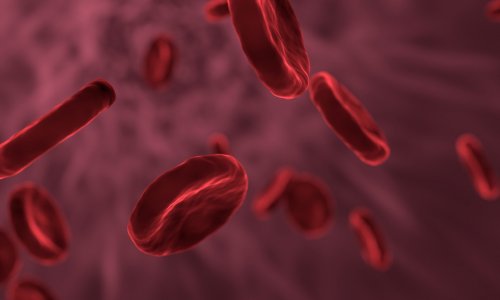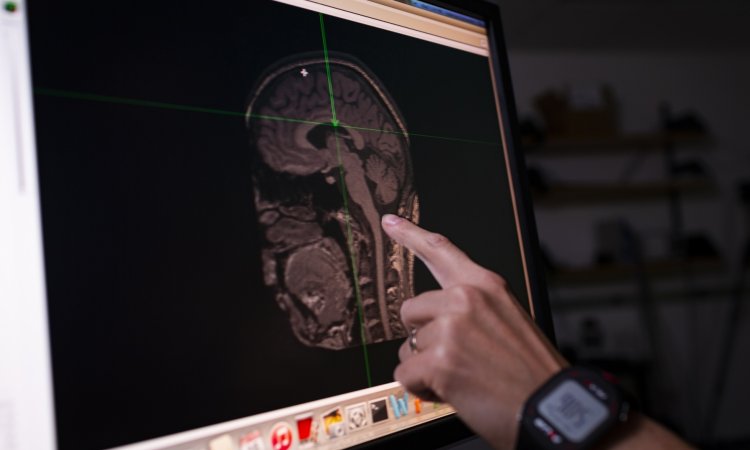News • Cardiology research
How hypertension leads to atherosclerosis
Research scientists at Aarhus University and Aarhus University Hospital have investigated the mechanisms by which hypertension leads to arterial damage and atherosclerosis. The results may facilitate the development of new therapies.

Image source: Unsplash/Robina Weermeijer
Hypertension is a prevalent condition affecting approximately one third of all adults. It is also the leading global cause of morbidity and mortality. The condition is often asymptomatic, but over time it may damage arteries causing atherosclerosis and possibly leading to stroke and heart attack. Despite the prevalence of the disease and its potentially severe consequences, how hypertension leads to atherosclerosis has been poorly understood. In a study from Aarhus University and Aarhus University Hospital, an international team of researchers have identified several steps in this proces. The study was conducted in pigs, due to the similarities between the cardiovascular systems of pigs and humans.
"One of our primary findings is that hypertension is able to exert its detrimental effect on the artery wall through direct mechanical pressure, without the involvement of hormones carried around the bloodstream”, says the lead author behind the study, Rozh Al-Mashhadi, associate professor and radiologist at AU and AUH. He adds that the question of whether the arterial damage is caused by high pressure per se or via the involvement of hormones, has been the topic of discussion in the research community for decades.
Unveiling the mechanisms behind hypertension-induced atherosclerosis has important implications: "We have several treatments for hypertension aiming at reducing blood pressure to normal levels. However, this may not be adequately maintained in all patients. In order to develop new therapies, we need to clarify the mechanisms by which hypertension damages the arterial wall," he explains.
Like in a sieve where the holes are too small, this may explain why we see increased cholesterol accumulation leading to atherosclerosis
Rozh Al-Mashhadi
The researchers have also identified the fundamental step linking hypertension to atherosclerosis. The team demonstrated that hypertension leads to increased accumulation of a bad form of cholesterol – so-called LDL cholesterol – in the arterial wall. Rozh Al-Mashhadi explains that this type of cholesterol is pivotal for the development of atherosclerosis.
Finally, the researchers investigated how hypertension leads to increased accumulation of cholesterol in the artery wall: "We used a technique that simultaneously quantifies all proteins in the artery wall. We found that hypertension caused structural changes in the arterial wall, reducing the transport of proteins from the blood into wall itself. Like in a sieve where the holes are too small, this may explain why we see increased cholesterol accumulation leading to atherosclerosis," says Rozh Al-Mashhadi.
The study may aid in developing new therapies for hypertensive individuals. "The new findings may enable us to devise treatment strategies targeting the newly discovered disease mechanisms. Hypertension and atherosclerosis are major health concerns, so there is a lot at stake," says Rozh Al-Mashhadi.
Source: Aarhus University
24.02.2021











